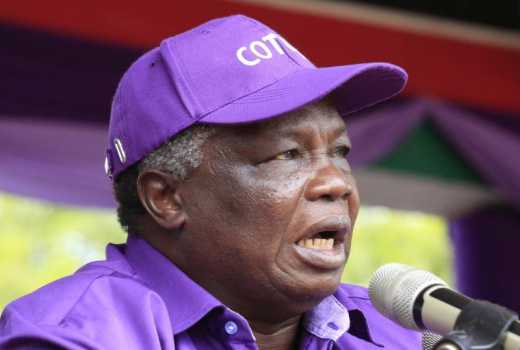×
The Standard e-Paper
Stay Informed, Even Offline

Last week’s Labour Day celebrations saw the settlement of a dispute that had raged on for several weeks between trade unions and employers.
The Central Organisation of Trade Unions (Cotu) led the calls for an increase in the minimum wage, citing an increase in inflation and stagnant employment opportunities as grounds for an upward review.